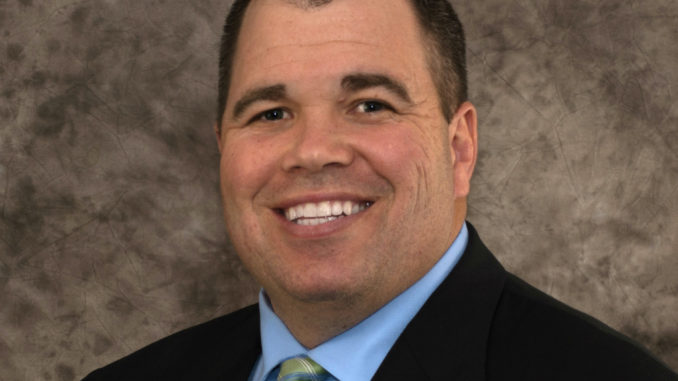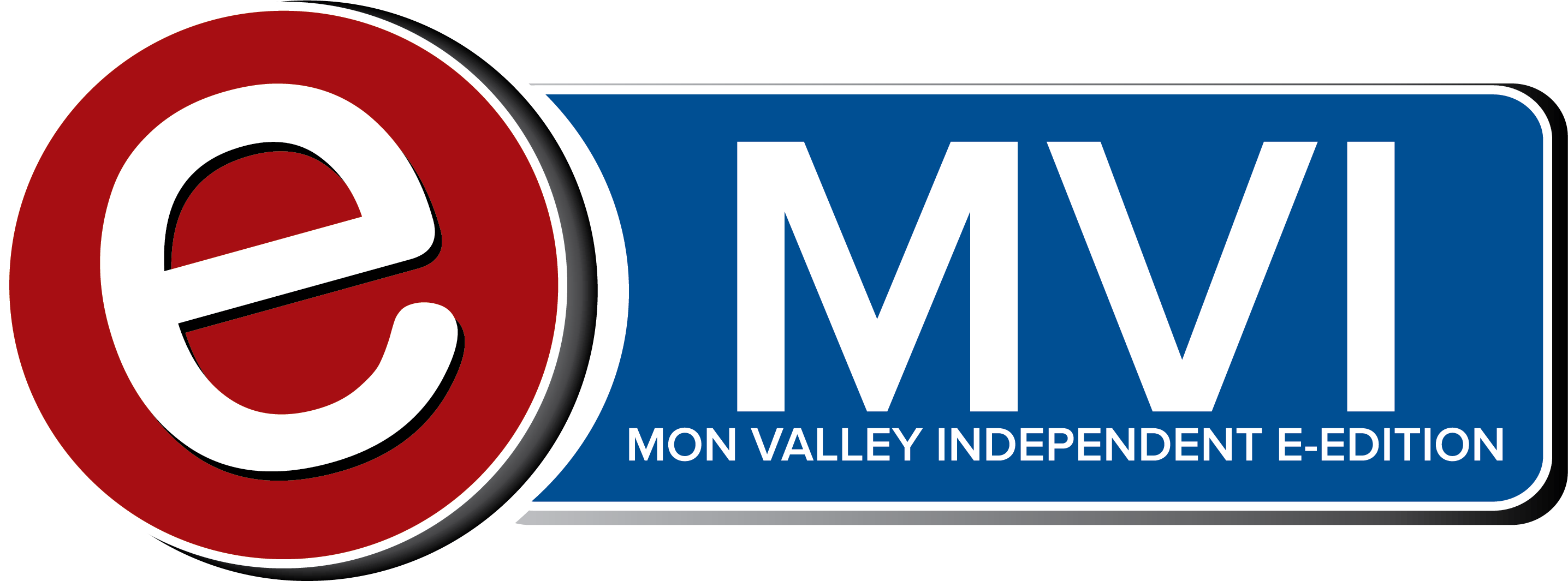
By JEFF STITT
[email protected]
McKeesport council postponed its meeting last night further notice until city officials find a safe way to include the public while following state-mandated pandemic restrictions.
Mayor Michael Cherepko’s office announced 3:35 p.m. Wednesday the council workshop and regular meetings, which were slated to occur just a few hours later, are on hold.
The move comes two days after the ACLU of Pennsylvania announced a group of “McKeesport Citizens,” one of whom is a former city councilwoman and leader of the Take Action Mon Valley activism group, filed a lawsuit in Allegheny County court against the city and council.
The group contends the Pennsylvania Sunshine Act and the First Amendment were violated when the city locked the doors outside of council chambers during the Jan. 6 meeting. They say their rights were violated because they weren’t permitted to offer public comment from inside chambers or by way of phone or video chat during the meeting.
ACLU of Pennsylvania Legal Director Witold J. Walczak, in an email to the Mon Valley Independent, said that during a court conference Wednesday afternoon, Allegheny County Judge John T. McVay “directed McKeesport to postpone tonight’s meeting because it would violate the Sunshine Act.”
“He did so verbally from the bench and we have not yet received a written order,” Walczak said.
Walczak and attorneys from Saul Ewing Arnstein & Lehr of Pittsburgh are representing former Councilwoman Fawn Walker Montgomery, the co-founder and executive director of the Take Action Mon Valley activism group who is named in court records as Valian Walker Montgomery. Courtney Thompkins, Tracey Jordan and Janina Riley, listed as “McKeesport Citizens,” are also represented by the ACLU and other attorneys.
In response to the lawsuit, Cherepko announced Tuesday the meeting would be audio streamed via Tube City Community Media’s Tube City Online website, and that residents had until the hour before the start of the 6:30 p.m. workshop meeting to submit public comments by way of email, mail or by dropping written comment off at city hall.
Allison Burdette, representing the community members, on Wednesday argued McKeesport officials had not provided proper notice under the Sunshine Act to meet the law’s requirements.
“The problems with the meeting are that McKeesport did not provide at least 24 hours notice of how the public can live stream the meeting,” Walczak said.
Burdette also argued that written public comment does not provide the chance for meaningful community participation. She suggested that council could allow individuals to enter the meeting one at a time, speak and then leave. Or, the plaintiffs offered testimony from an employee at the ACLU who said their organization uses a program called Turbo Bridge, which offers a phone conference line that allows up to 1,000 participants.
“We put on evidence showing how for $10 a month McKeesport can use a commercially available telephone conference system that will allow them to conduct meetings, for people to listen in, and for anyone who wants to comment to be unmuted for the duration of their comments,” Walczak said.
“There are many, many options available,” Burdette said before the judge.
Solicitor Jason Elash suggested McKeesport postpone its meeting until Friday, allowing 48 hours to advertise ahead of time.
But, without assurances the technology would be implemented to allow public participation, McVay rejected that idea.
“You can have a meeting as soon as you implement what was proposed,” he said.
Cherepko said Wednesday they are “working to come up with an amicable solution,” but that he believes McKeesport council was meeting the minimum requirements of a portion of state Act 15 of 2020 that, among other things, addresses holding meetings of government bodies while temporary state orders regarding gatherings and reduced building/room occupancy limits are in affect as a result of coronavirus pandemic mitigation strategies.
“A violation means doing less than you’re obligated to do,” he said in regards to the allegations about violating the Sunshine Act.
Cherepko believes Act 15 was obeyed because members of the press were admitted to the January meeting, the meeting was audio recorded and minutes were taken, agendas were posted to the city website in advance and because the city posted notice in the Mon Valley Independent and on the city website the month prior to the meeting stating it was closed to the public and that residents could submit written public comments in advance.
The ACLU of Pennsylvania contends there is more the city could be doing to make meetings and offering comment more accessible.
“Given the availability of this (telephone conference system) technology, the judge had a real concern about whether allowing just written comments is sufficient, or whether they also must allow live commentary,” Walczak said. “He wants briefs on the matter.”
Cherepko said there’s a possibility the city will decide to not have a March meeting and will wait until April to meet in a quorum.
The mayor said the next steps in the court case are for each side to file final briefs.
To read the rest of the story, please see a copy of Thursday’s Mon Valley Independent, call 724-314-0035 to subscribe or subscribe to our online edition at http://monvalleyindependent.com.


